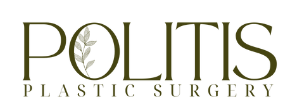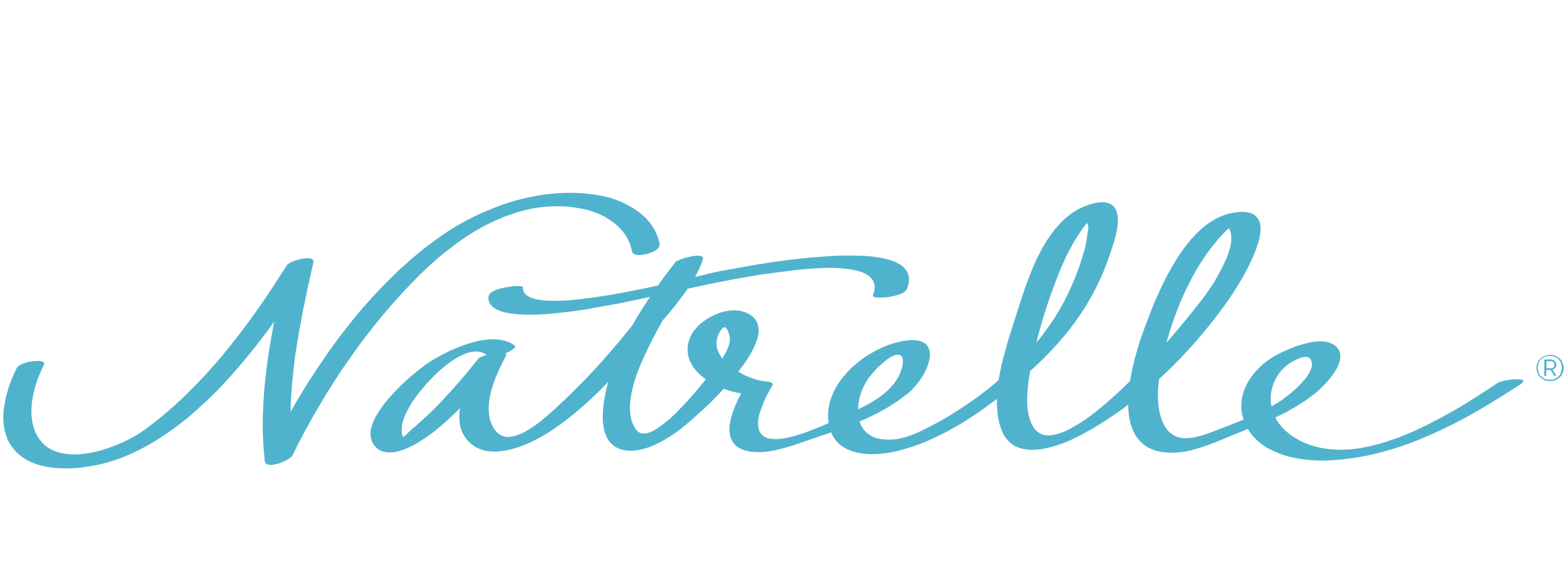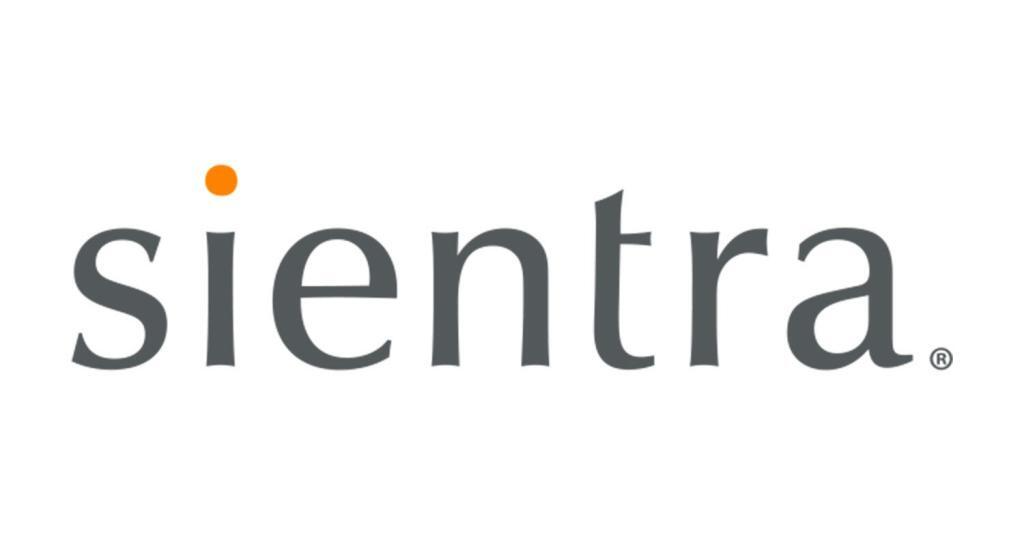WHAT it is:
A Breast Augmentation is a surgical procedure that uses breast implants to increase the size of your breasts, restore breast volume lost after weight reduction or pregnancy, achieve a more rounded breast shape and/or improve natural breast size asymmetry.
HOW it’s done:
This procedure is done in the OR under general anesthesia. Dr. Politis starts by making an incision in the inframammary fold (fold under the breast). After creating space for the implant, she then inserts the implant through a touch-less funnel either under the pectoral muscle or over the pectoral muscle (directly behind the breast tissue).
Please Note:
Incisions and implant placement vary based on the type of breast implant, degree of enlargement desired and your particular anatomy.
WHAT to expect:
You may experience temporary pain, soreness, and numbness of breast skin and/or incision discomfort. Maximum discomfort will occur the first few days but may last several weeks.
You will leave the operation with an ACE bandage around your chest or a bra.
Your implants may sit high on your chest for 4-6 weeks.
You may not have sensation in the nipples, but this usually returns over time.
Your first menstruation following surgery may cause breast swelling and pain.
You may feel tired for several weeks or months.
AWAKE or ASLEEP
Take a nap with general anesthesia
RECOVER, RESULTS & FREQUENCY:
You can expect to be fully recovered in 4-6 weeks.
Although implants can last for 20 years and more, there is no set clock on when implants should be replaced. It is recommended to listen to your body. It will tell you when it might be time for a change.
PRE-OP instructions:
Have all prescriptions filled prior to your surgery. Do not take any Aspirin, Plavix, Ibuprofen, Vitamin E, Fish Oil, Coenzyme Q10 or medications containing these compounds for 14 days before your procedure.
Begin your stool softener on the day prior to surgery to avoid constipation.
If you have implants: You will need to shower twice daily using antibacterial soap for the three days leading up to your procedure and the morning of your surgery for a total of 6 showers.
If you do not have implants: Wash with Hibiclens or antibacterial soap the night before surgery, as directed. Cleanse your belly button area with a Qtip and the antibacterial soap while showering.
Do not shave the surgical site within 2 days of surgery. This includes under arms for breast procedures and the pubic area for abdominal procedures. Hair may be trimmed with an electric clipper.
Avoid using body lotions, deodorants or perfumes on the day of surgery.
Do not wear any jewelry, piercings or contact lenses.
Refrain from vigorous exercise on the day before your surgery.
Have a regular meal on the evening before surgery, and drink plenty of water. Avoid alcoholic beverages on the evening before surgery. Do no eat or drink anything after midnight the night before your surgery.
POST-OP instructions:
You may shower 24-48 hours after your operation, but no soaking in a bathtub. Lukewarm water.
Perform arm raises 5 times every hour while awake for 3-5 days.
Do not remove steri-strips (or bolsters if free nipple graft)
Wear ACE Bandage for the first 48 hours (if used) and then switch to a support/sports bra.
Keep incisions clean and inspect daily for signs of infection.
May pad incision with dressings for comfort.
Avoid exposing scars to sun for at least 12 months.
Always use a strong sunblock, if sun exposure is unavoidable (SPF 30 or greater).
Begin scar therapy approximately 2 weeks after your operation
Start walking as soon as possible, as this helps to reduce swelling and lowers the chance of blood clots.
Do not drive until you are no longer taking any pain medications (narcotics).
No lifting greater than 8 lbs. for 6 weeks.
Sleep in a recliner or with multiple pillows
Avoid strenuous exercise and activities for approximately 4-6 weeks.
Return to work in 2-4 weeks.
BREAST AUGMENTATION COMPARISON CHART | |||||
24 Hour Rapid Recovery |
Traditional Surgery |
||||
| Surgical Instruments | Electrocautery forceps | An "L Shaped" breast blunt dissector | |||
| Surgical Technique |
|
|
|||
| Post Op Routine | Arm exercises performed frequently after surgery, including ambulation and showering that night | Arm movement limited for two weeks | |||
| Incisions | Under the Breast (IMF) | Usually under the breast can be axillary or peri-areolar | |||
| Possible Risks | Same as traditional but significantly reduces due to precise operative dissection and prospective hemostasis | Capsular contracture, bleeding, implant malposition, implant pocket asymmetry | |||
| Anesthesia | General with ERAS recovery pathways initiated preoperatively | General with local blocks | |||
| Recovery Time | 24 hours | 2 weeks | |||
| Price | Slightly less give less operative time spent intraoperative on implant selection and stepwise dissection process | Same ($8000-$8500) | |||
| Implant Selection | Narrow implant range chosen preoperatively using tissue based planning | Narrow implant range chosen preoperatively using tissue based planning | |||
| Implant Position | Subsfacial or Dual Plane | Either Subpectoral, Dual Plane, or Subglandular | |||
| Revision Rate | <5% | 10-15% | |||
| Capsular Contracture | minimized <5% | 10-15% | |||
OUR IMPLANTS
THE RESULTS are real
Procedure:
Tummy Tuck and Breast Augmentation
Procedure:
Breast Augmentation
Patient:
24 years old
Procedure:
Breast Augmentation
Patient:
36 years old
Procedure:
Breast Augmentation
Patient:
5’6″, 111lbs



